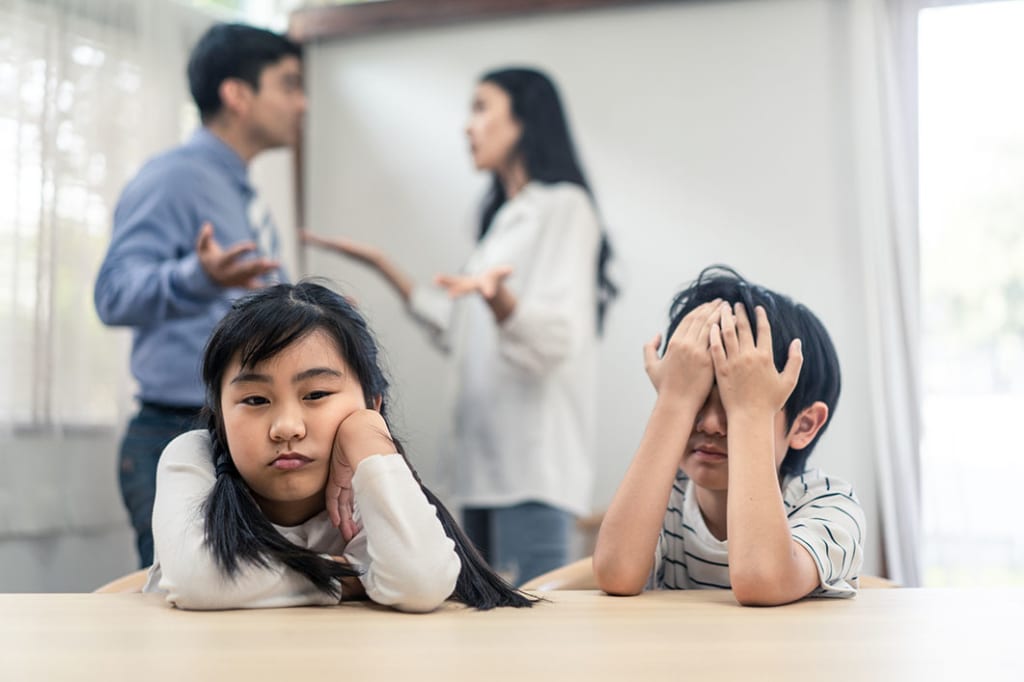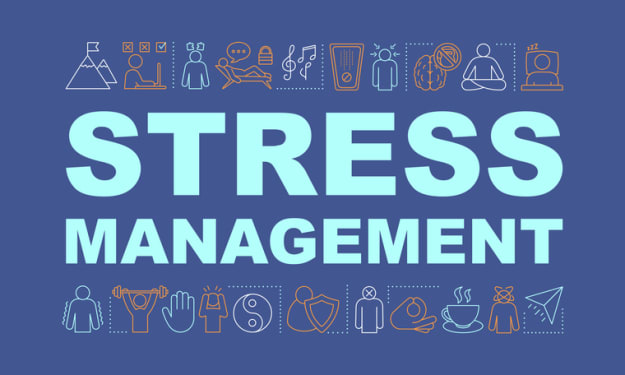
Divorce is a complex and emotional process that can have a significant impact on children. Research shows that children of divorce are at increased risk for a variety of negative outcomes, including academic problems, emotional difficulties, and behavior problems. In this essay, we will explore the ways in which divorce affects children.
Academic Problems
One of the most significant ways in which divorce can affect children is through academic problems. Research has shown that children of divorce are more likely to struggle academically than children whose parents are still together. This may be due to a variety of factors, such as increased stress and instability at home, changes in living arrangements, and decreased parental involvement.
Emotional Difficulties
Divorce can also have a significant impact on children's emotional well-being. Children of divorce are at increased risk for depression, anxiety, and other emotional difficulties. They may also experience feelings of guilt, anger, and sadness related to the breakup of their parents' marriage. Children may also feel confused and uncertain about the future, particularly if they have to adjust to living in two different households.
Behavior Problems
Divorce can also lead to behavior problems in children. Research has shown that children of divorce are more likely to engage in delinquent behaviors, such as drug and alcohol use, than children whose parents are still together. They may also struggle with aggression and acting out, particularly if they feel angry or upset about the divorce. These behavior problems can have long-term consequences, including criminal behavior and substance abuse.
Parental Conflict
One of the main factors that can contribute to the negative effects of divorce on children is parental conflict. When parents are engaged in ongoing conflict, children may feel caught in the middle and may struggle to cope with the emotional turmoil of their parents' disagreements. They may also feel pressure to take sides or to try to resolve their parents' issues, which can be overwhelming for a child.
Changes in Living Arrangements
Another factor that can contribute to the negative effects of divorce on children is changes in living arrangements. When parents separate, children may have to adjust to living in two different households, which can be stressful and confusing. They may also have to adapt to new routines, rules, and expectations in each household. This can be particularly challenging for younger children who may not understand why their lives are changing.
Decreased Parental Involvement
Divorce can also lead to decreased parental involvement, which can have negative consequences for children. When parents are no longer living together, it may be more difficult for them to be involved in their children's daily lives. They may also have less time to spend with their children due to work or other commitments. This can lead to feelings of abandonment and neglect in children, which can have long-term effects on their emotional well-being.
Coping with Divorce
Despite the negative effects that divorce can have on children, many children are able to cope with the changes and move forward in a positive way. There are several factors that can contribute to successful coping, including:
Positive relationships with parents: Children who have positive relationships with both parents after a divorce are more likely to cope successfully. This may involve maintaining regular contact with both parents and feeling loved and supported by both parents.
Strong social support: Children who have strong social support networks, such as friends, family members, and teachers, are more likely to cope successfully with divorce. These relationships can provide a sense of stability and emotional support for children during a difficult time.
Open communication: Parents who communicate openly and honestly with their children about the divorce are more likely to help their children cope successfully. This may involve explaining the reasons for the divorce, answering children's questions, and listening to their concerns.
Professional support: In some cases, children may benefit from professional support to help them cope with the emotional challenges






Comments
There are no comments for this story
Be the first to respond and start the conversation.